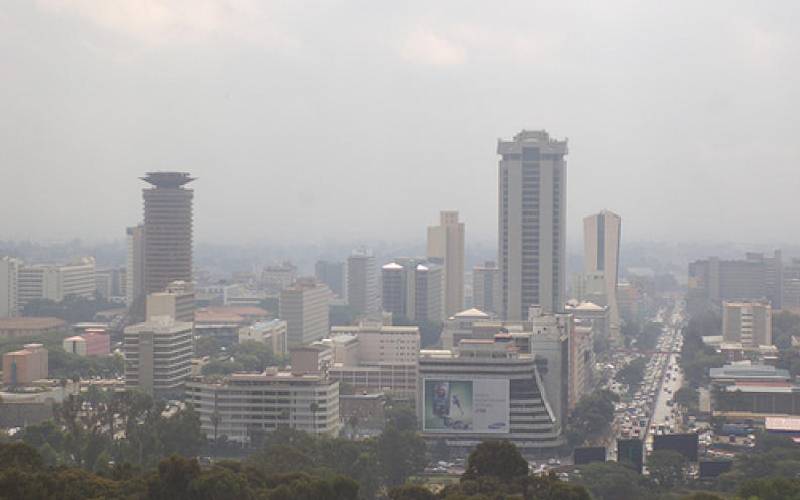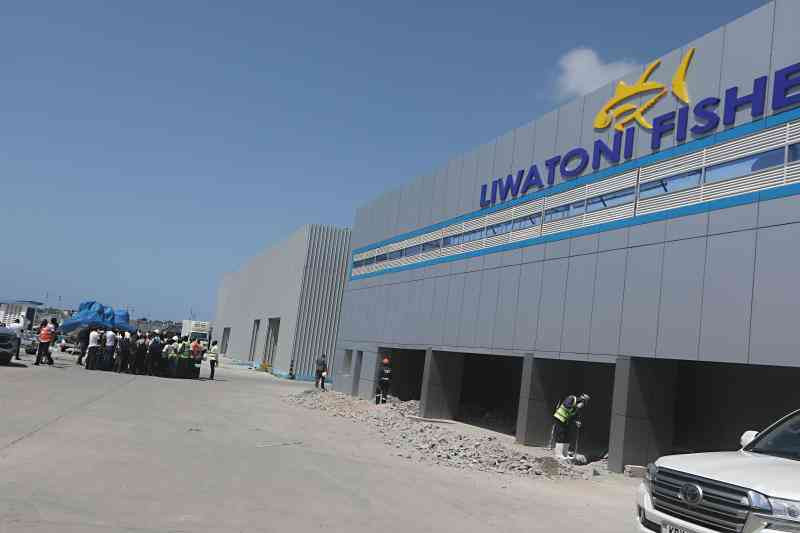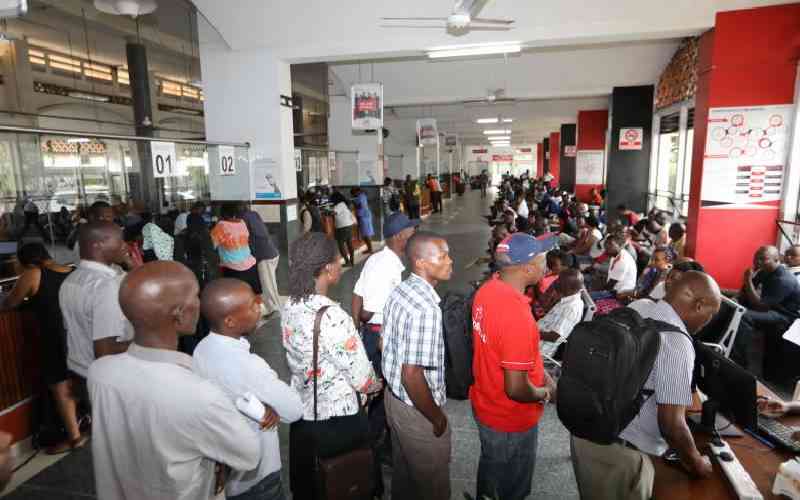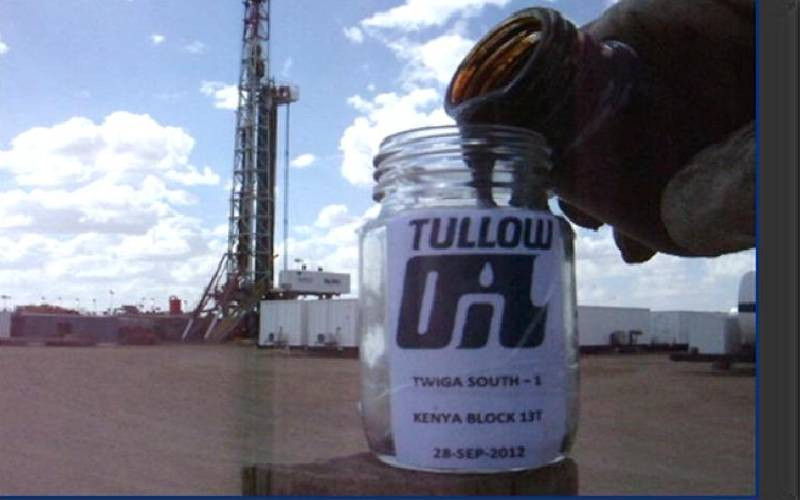As the curtain falls on 2025, let's remember what truly matters
2026 will not favour the passive, it will be opened to decision-makers who can take thoughtful risks, who cannot be frozen by fear, and who believe in the silent impetus in their spirits.
Opinion








